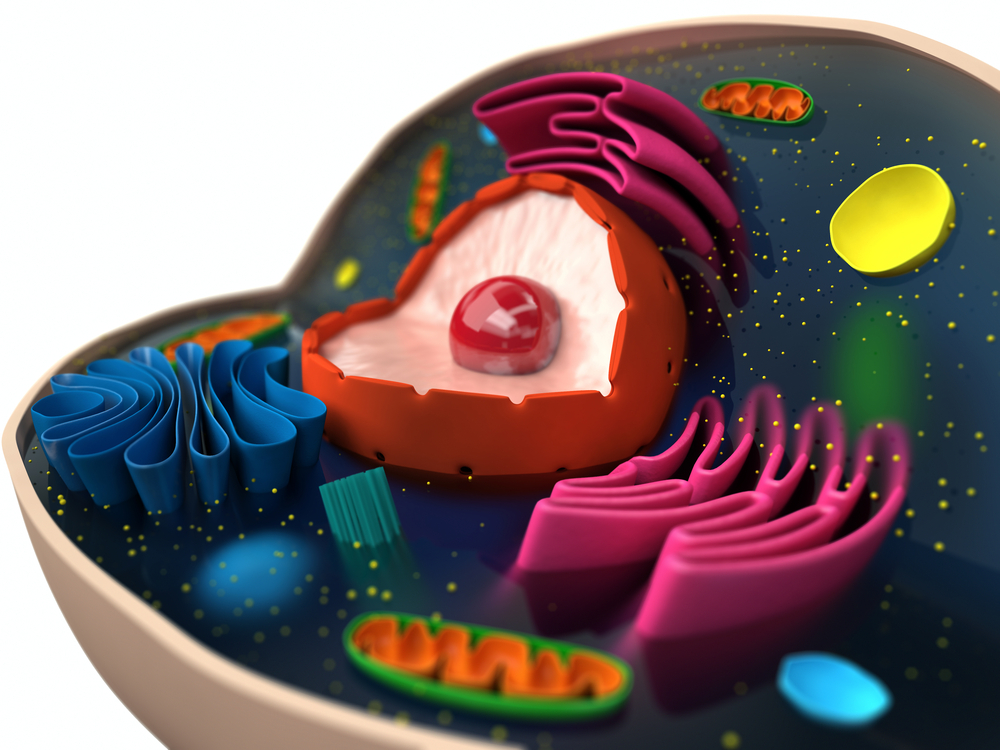Mitochondrial Complex I Deficiency May Be Bypassed, Study Shows

Mitochondrial energy production depends on a chain of five main complexes that when mutated could lead to severe energy deprivation and cell death. Recently, researchers at the Faculty of Medicine of Lund University, in Sweden, showed that delivering an agent that activates complex II in cells with mitochondrial complex I deficiency may rescue the cell’s metabolic function.
The findings may lead to the development of new treatment strategies for several mitochondrial diseases caused by mitochondrial complex I dysfunction. The results from the study “Cell-permeable succinate prodrugs bypass mitochondrial complex I deficiency” were published in the journal Nature Communications.
Pediatric mitochondrial diseases mainly caused by mitochondrial complex I deficiency are a diverse group of illnesses often associated with serious or fatal neurological conditions, such as Leigh syndrome. Currently, there are few treatment options effective against mitochondrial respiratory chain dysfunction.
Through the recent study, researchers have identified a new promising way of bypassing complex I deficiency in the respiratory chain.
Succinate is a mitochondrial substrate that is processed in complex II. Because it is cannot pass through the cell membrane, the researchers created a drug (prodrug) from succinate that is able to pass through the cell. By supplying the mitochondria with substrates for complex II, cells were able to reduce the metabolic limitations imposed by the complex I deficiency and increase energy production. The effect was observed in human blood cells, fibroblasts, and heart fibers.
The succinate-induced increase in energy production observed in heart cells is important because most mitochondrial diseases primarily display symptoms from organs that require high amounts of energy, such as the heart, liver, brain, and muscles.
Importantly, researchers found that the succinate prodrug could increase the oxygen consumption rate and consequent energy production in fibroblasts isolated from a patient with Leigh syndrome. Compared to three control cell lines, the oxygen consumption rate of the Leigh syndrome fibroblasts was significantly lower but the difference was stopped upon succinate administration.
Study results reveal that using a cell-permeable prodrug to deliver succinate is a feasible pharmacological strategy that may benefit a variety of disorders caused by mitochondrial complex I dysfunction.






